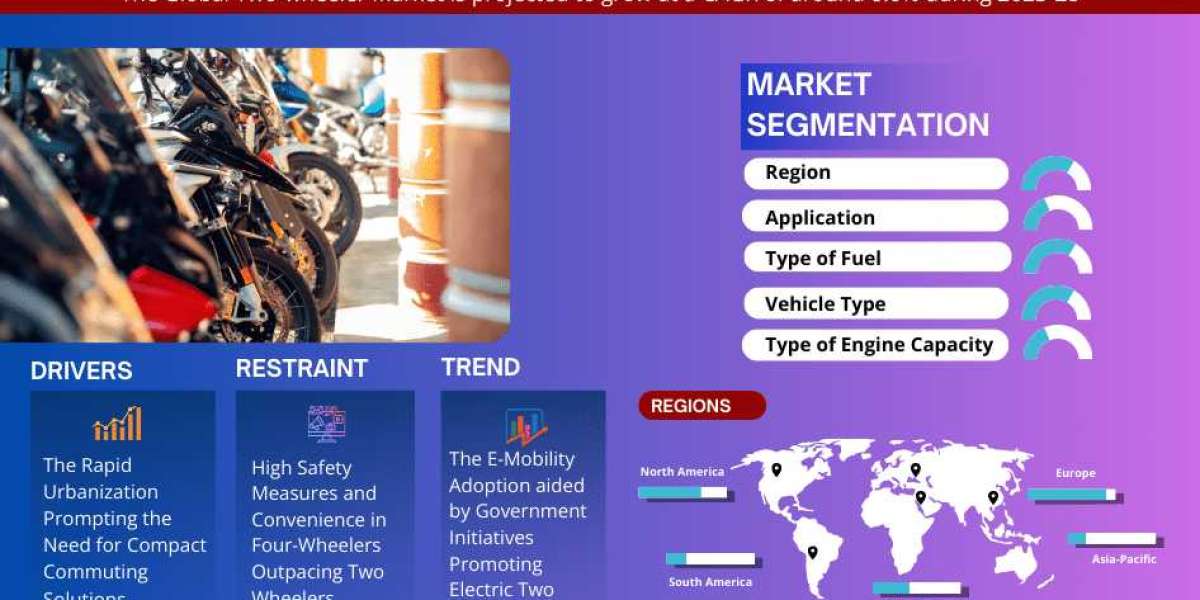I. Introduction to GMP Certification
A. What is GMP Certification?
Good Manufacturing Practices (GMP) certification is a system ensuring that products are consistently produced and controlled according to quality standards. It is used across various industries, particularly in pharmaceuticals, food, and cosmetics, to guarantee product safety, efficacy, and quality. GMP certification assures customers that companies comply with strict regulations and maintain high manufacturing standards.
B. The Importance of GMP Certification in Various Industries
GMP certification is crucial because it helps businesses meet legal requirements, enhances consumer trust, and minimizes the risk of product recalls. For industries like pharmaceuticals, food, and medical devices, GMP ensures that products are manufactured safely and comply with regulatory standards. The certification process also involves routine audits, ensuring ongoing adherence to quality controls.
C. The Global Demand for GMP Certification
With an increasingly globalized market, the demand for GMP certification is growing. Companies seeking to expand into international markets must often meet GMP standards to enter regions like the European Union, the U.S., and Asia. GMP certification helps businesses gain a competitive edge by assuring consumers that products are safe and reliable.
II. Key Principles of GMP Certification
A. Ensuring Product Quality and Consistency
GMP focuses on maintaining consistent product quality through clear processes, training, and monitoring systems. It involves setting and adhering to strict guidelines on manufacturing environments, material storage, production processes, and hygiene standards. The aim is to minimize variations and ensure that every product meets the defined quality specifications.
B. Training and Qualification of Personnel
One of the key principles of GMP is ensuring that staff involved in the manufacturing process are adequately trained and qualified. This includes regular training on safety procedures, equipment handling, and production standards. Properly trained personnel are vital in preventing mistakes, ensuring that products are manufactured under the highest standards.
C. Monitoring and Documentation
GMP certification requires comprehensive documentation, detailing every step of the manufacturing process. This includes batch records, inspection logs, and quality control checks. Regular monitoring and audits are also conducted to ensure that standards are being consistently met. Proper documentation and monitoring allow for transparency, traceability, and quick action in case of any product-related issues.
III. The Certification Process for GMP
A. Initial Steps Toward GMP Certification
The journey to GMP certification begins with a self-assessment to evaluate existing manufacturing processes. Companies should identify gaps in their current practices and implement necessary changes. This may include improving hygiene, adjusting quality control systems, or enhancing staff training.
B. Choosing the Right Certification Body
After making improvements, companies must work with an accredited certification body to assess compliance with GMP standards. These bodies include internationally recognized organizations like the U.S. FDA, EMA, or ISO 9001-certified bodies. Choosing the right certification body ensures the credibility of the certification and guarantees adherence to global standards.
C. The Auditing Process and Final Certification
The certification process involves thorough audits by an external body, which reviews manufacturing practices, processes, and documentation. The auditor will assess compliance and identify areas of non-conformance. Once any issues are resolved, a certificate is issued, confirming that the business complies with GMP regulations.
IV. Benefits of GMP Certification
A. Ensuring Consumer Safety and Trust
GMP certification ensures that products are manufactured in a controlled, safe environment, reducing the risk of contamination, defects, and inconsistencies. This boosts consumer confidence, especially in industries like food, pharmaceuticals, and cosmetics, where safety is paramount.
B. Opening Doors to International Markets
GMP certification helps companies meet international regulatory standards, making it easier to export products to regions with stringent requirements. Whether for food products entering the EU, or pharmaceuticals in the U.S., GMP certification serves as proof of quality and regulatory compliance.
C. Enhancing Operational Efficiency
By adhering to GMP standards, companies streamline their production processes, reduce waste, and prevent costly mistakes. GMP’s focus on standardized practices and ongoing monitoring ensures greater consistency and efficiency, leading to cost savings and higher profitability.
V. GMP Certification in Different Sectors
A. GMP in the Pharmaceutical Industry
Pharmaceutical companies rely on GMP certification to ensure that drugs are manufactured under controlled conditions, reducing risks like contamination, incorrect dosages, or expired products. GMP guidelines cover everything from raw material testing to packaging and labeling.
B. GMP in the Food Industry
In the food industry, GMP certification ensures that food products are produced in hygienic conditions, free from contaminants. This includes maintaining proper temperature control, safe handling of ingredients, and adequate sanitation processes in production facilities.
C. GMP in Cosmetics and Personal Care Products
Cosmetic and personal care industries also benefit from GMP certification. It ensures that products like lotions, shampoos, and makeup are manufactured safely, with attention to ingredient quality and sanitary conditions. GMP certification helps meet regulatory requirements and avoids health risks from contaminated products.
VI. Common Challenges in Obtaining GMP Certification
A. Lack of Proper Training and Resources
One of the most common obstacles to achieving GMP certification is the lack of proper training and resources within an organization. Companies must invest in educating their workforce, as non-compliance can lead to delays or failed audits.
B. Overcoming Initial Resistance to Change
For many companies, adapting to the rigorous standards of GMP can be a challenge, especially if employees or management are resistant to changes in procedures. Successful implementation requires strong leadership, proper communication, and ongoing commitment to improving quality standards.
C. Maintaining Compliance Over Time
Once certified, companies must maintain compliance by consistently adhering to GMP practices. Regular internal audits, employee refresher courses, and updates to procedures are necessary to ensure that manufacturing standards are upheld continuously.
VII. The Role of Technology in GMP Certification
A. Automation and Monitoring Tools
Technology plays a vital role in ensuring compliance with GMP regulations. Automated systems and monitoring tools are increasingly used to track production quality, document processes, and detect potential issues before they become problems. These systems reduce human error and improve overall efficiency.
B. Traceability and Documentation Systems
Modern software and digital solutions help businesses maintain accurate records and improve traceability. Electronic batch records, real-time monitoring, and automated reporting simplify the documentation process, making it easier to meet GMP requirements.
C. The Future of GMP and Emerging Technologies
Emerging technologies like blockchain and AI are transforming GMP practices by enhancing product traceability and predictive maintenance. As the manufacturing world becomes more digitized, these innovations will play an even greater role in improving GMP standards across industries.
VIII. The Importance of Ongoing GMP Audits and Reviews
A. Regular Audits for Compliance Assurance
Ongoing GMP audits are essential for ensuring that companies continuously adhere to industry standards. These audits identify any deficiencies and help implement corrective actions promptly, ensuring that safety standards are maintained.
B. The Role of Third-Party Auditors
Third-party auditors provide an impartial perspective, ensuring that companies adhere to GMP guidelines. Regular audits from recognized external bodies help businesses stay up-to-date with any changes in regulations and industry practices.
C. Continuous Improvement and Quality Control
GMP certification is not a one-time achievement but an ongoing commitment to quality control. Companies must constantly review and refine their practices, engage in continuous improvement, and stay compliant with both local and global regulations to maintain their certification.
IX. Conclusion: Achieving and Maintaining GMP Certification
A. The Long-Term Value of GMP Certification
GMP certification offers lasting benefits such as product safety, market access, and operational efficiency. Businesses that obtain and maintain GMP certification demonstrate their commitment to high-quality standards, ensuring success in competitive markets.
B. Steps for Companies Seeking GMP Certification
To start the certification process, businesses must conduct an internal audit, train staff, update processes, and choose an accredited certification body. Dedication to quality and adherence to guidelines are essential for passing the certification process.
C. The Future of GMP Certification
As consumer expectations and global regulations evolve, GMP standards will continue to grow in importance. Companies must remain flexible and committed to adopting best practices to ensure they meet ever-changing requirements and maintain their certification status.







